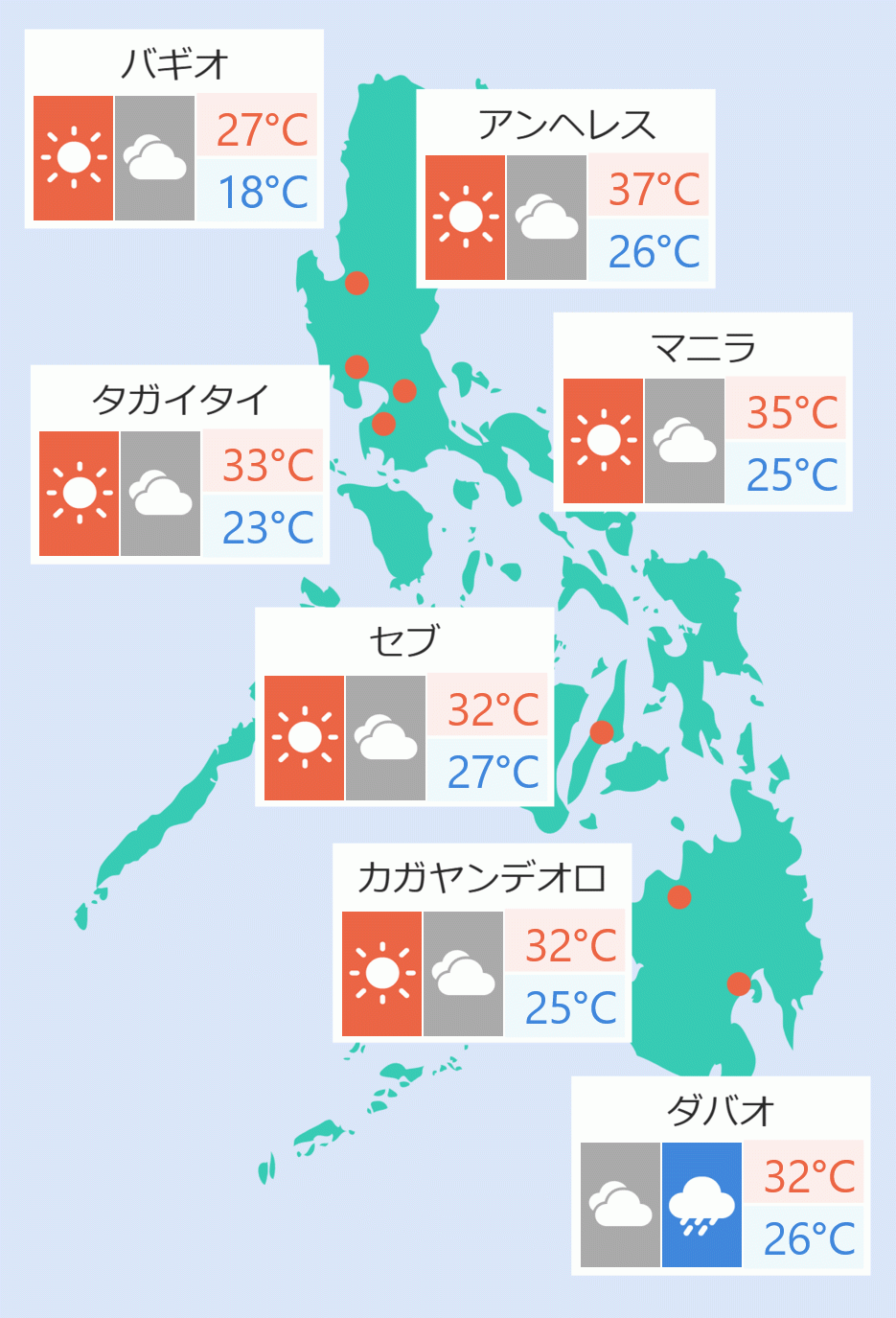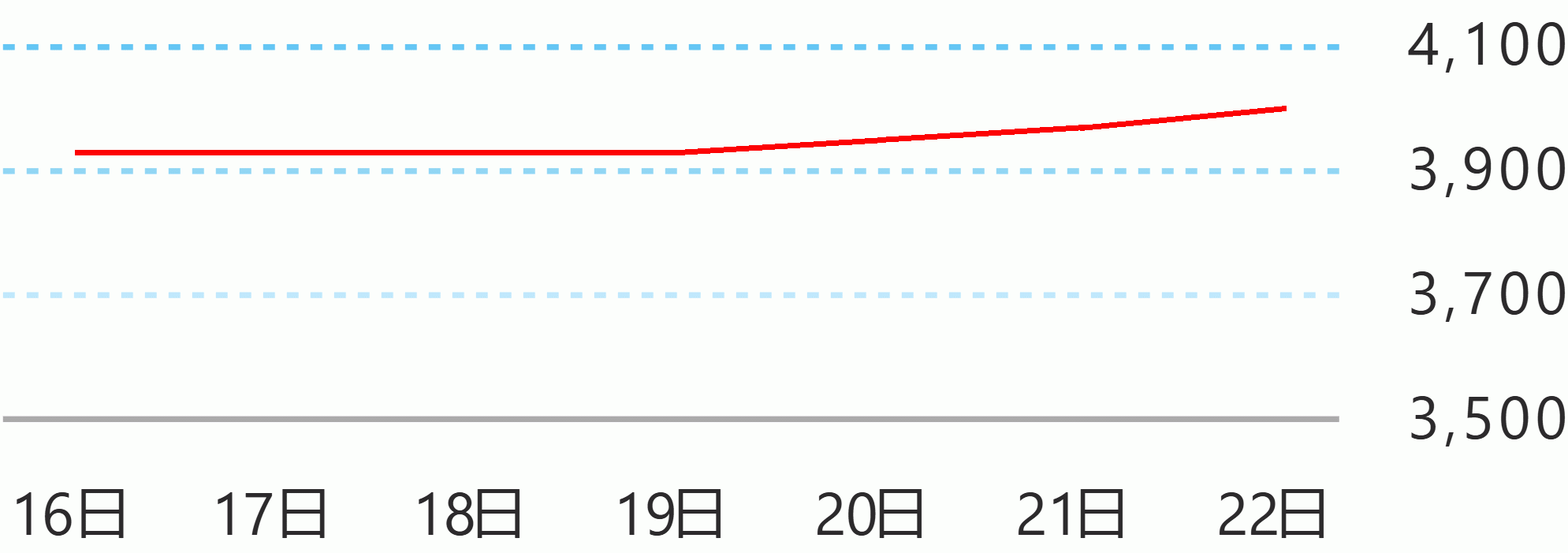Philippine and American forces joined on Tuesday the commemoration of the liberation of Zamboanga City from Japan 75 years ago.
Major Arvin Encinas, Armed Forces of the Philippines (AFP) Western Mindanao Command spokesman, said Filipino and American troops re-enacted the landing of US Army troops during the liberation of Zamboanga City in 1945.
"Student reservists joined naval and army troops during the reenactment at Naval Station Romulo Espaldon, witnessed by World War II veterans and military and local leaders in Bagong Calarian on March 10," he said.
"World War II veterans joined WestMinCom Commander Lt. Gen. Cirilito Sobejana, Mayor Ma. Isabelle Climaco-Salazar, and USec. Ernesto Carolina, administrator of the Philippine Veteran Affairs Office, during the wreath-laying rite at the historical liberation marker on Sinunuc beach," he added.
Encinas said the 41st Infantry Division, United States Army, under the command of Maj. Gen. Jens Doe, landed on Sinunuc beach to fight alongside Philippine troops and guerilla units against invading Japanese forces on March 10, 1945.
Local and foreign troops launched combat operations in March 1945, aiding guerillas to resist Japanese forces and recapture and liberate the city from the three-year occupation, he said.
Carmina Arevalo, executive director of the National Historical Commission of the Philippines said the Philippine and American troops in Zamboanga City moved quickly to organize guerilla units which trained themselves to fight and send intelligence reports to the allies.
“Despite differences in religion and culture, many Muslims, Lumads, and Christian settlers cooperated in resistance to the Japanese occupation," she said.
Encinas said Climaco-Salazar awarded and thanked military troops and other stakeholders who joined the commemoration of the 75th anniversary of the end of World War II in the Philippines.
Sobejana said “in our current time, there is a need for us to converge our efforts and energy so that the freedom that has been established by our predecessors will be sustained.”
“Everybody should take part because security is a shared responsibility. There can be no security without inclusive development, and there can be no inclusive development without good governance,” Sobejana said. Robina Asido/DMS





 English
English










